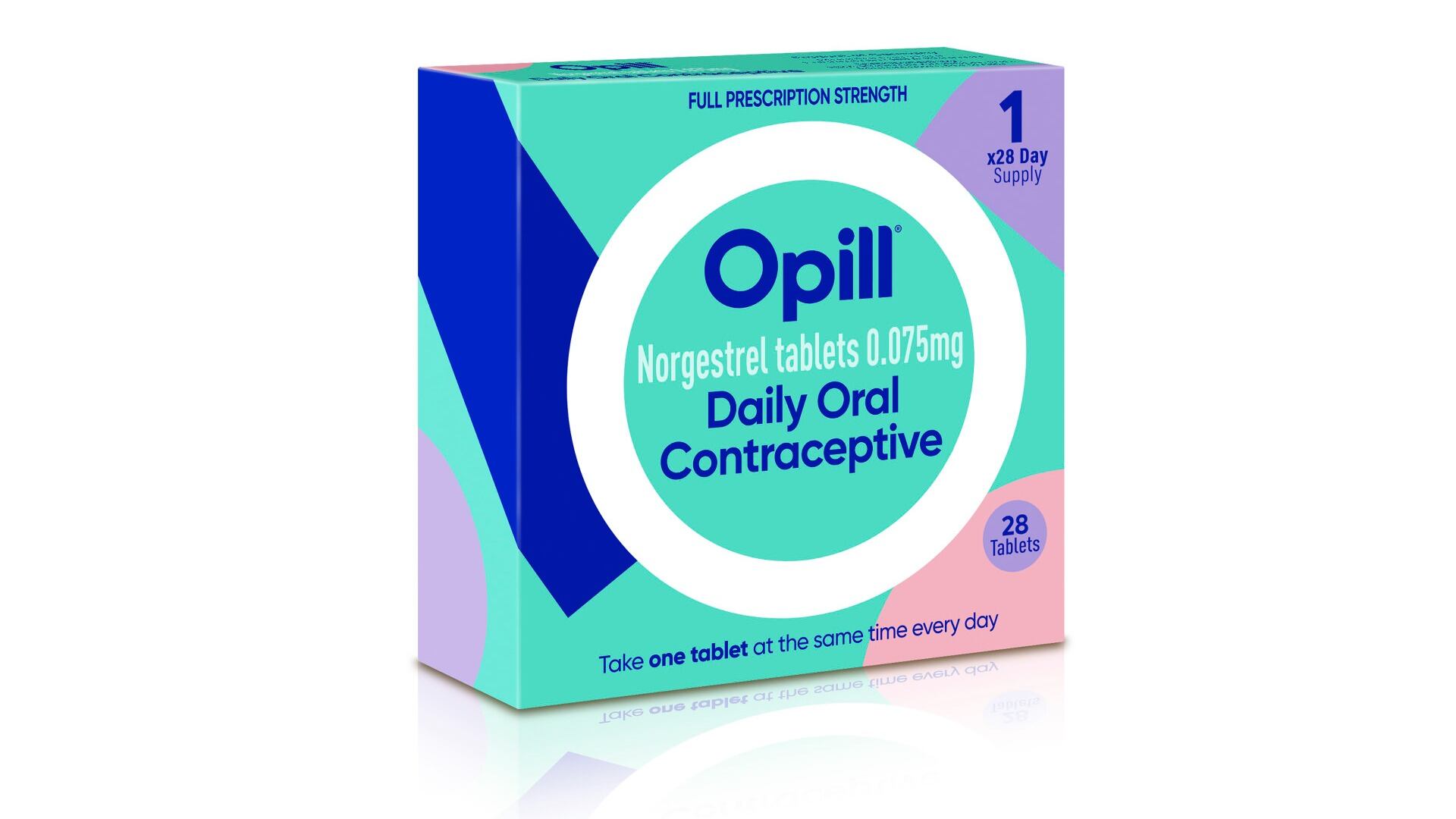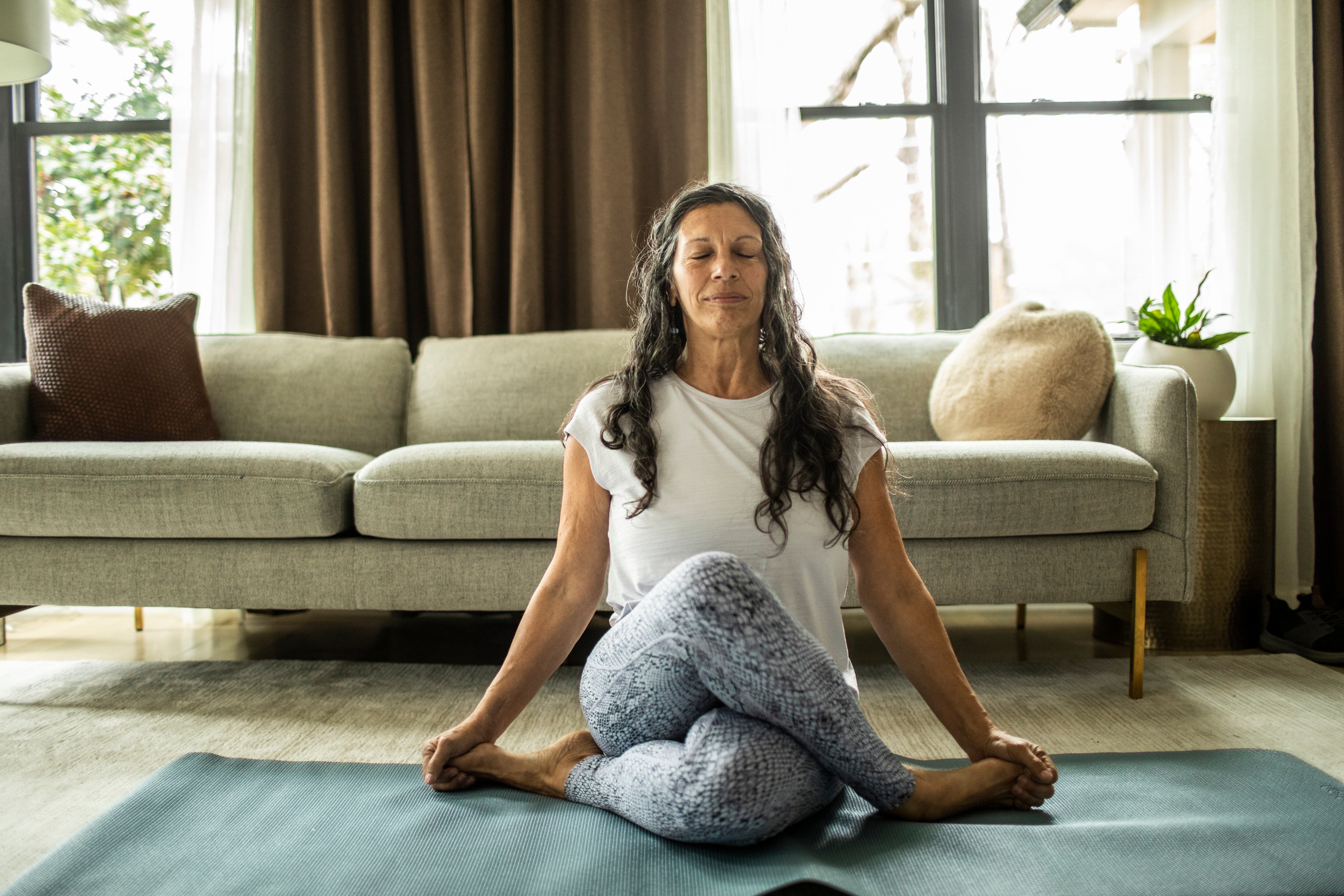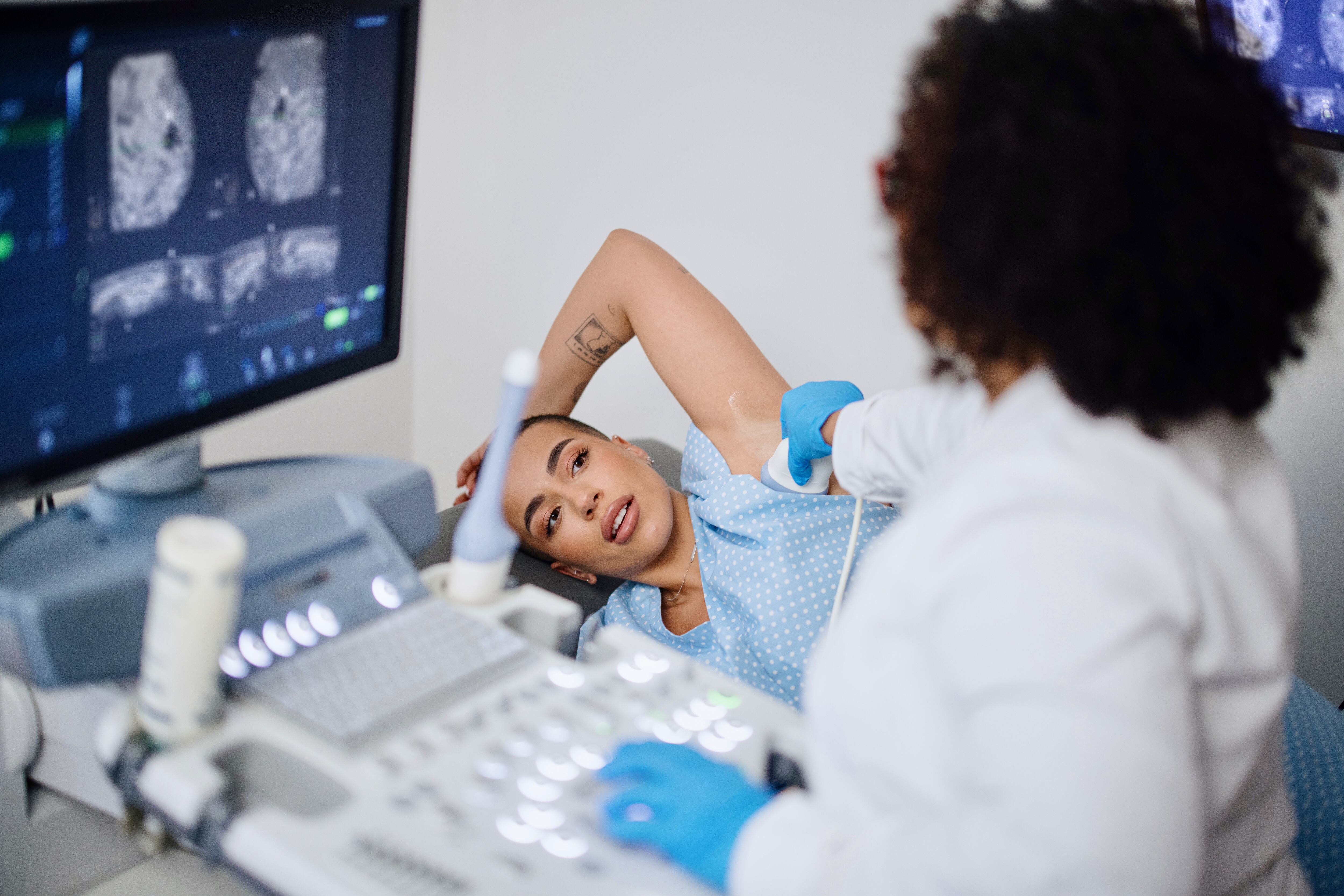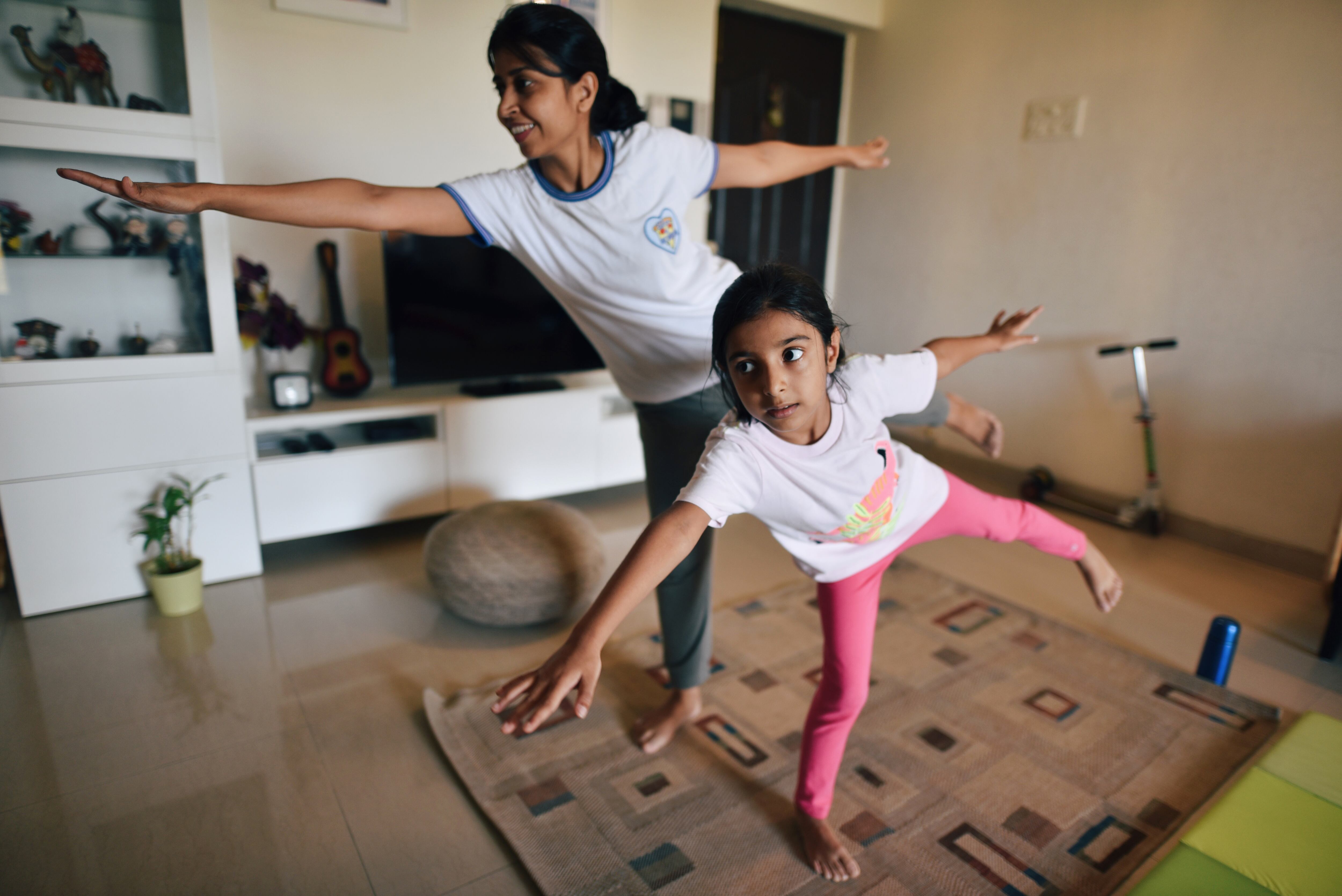It's Sleep Apnea Awareness Month, and specialist Dr. Evan Temkin stopped by Cheddar News to talk about what the condition is and who is most at risk.
"Sleep apnea is actually a constriction of the airway during sleep, where breathing is interrupted," he said. "Pretty much everybody is at risk."
It affects about 50 percent of the population, he added.
Temkin stressed the importance of getting tested and treated as soon as possible, as prolonged sleep apnea has "cardiac implications."
"When you're not getting enough oxygen to the vital organs, your heart is going to start pumping harder," he said, which taxes the muscle layers in the heart.
The most common treatment for sleep apnea is the use of a CPAP machine, which fits over the nose and mouth to ensure adequate airflow while sleeping, but Temkin noted that it's not the only option.
"One of the big problems with CPAP is compliance," he said. "It's uncomfortable."
One alternative is what's called an "oral appliance," which treats sleep apnea by stabilizing the lower jaw and positioning it a few millimeters forward. This can, in many cases, open up the airway, making it easier for people to breathe freely.
Of course, those experiencing symptoms should see a specialist to see which method is best.
A new study finds an experimental skin patch shows promise to treat toddlers who are highly allergic to peanuts.
Britain's fertility regulator on Wednesday confirmed the births of the U.K.'s first babies created using an experimental technique combining DNA from three people, an effort to prevent the children from inheriting rare genetic diseases.
Federal health advisers said Wednesday that a decades-old birth control pill should be sold without a prescription, paving the way for a likely U.S. approval of the first over-the-counter contraceptive medication.
Colette Morales, instructor at Core 95, joined Cheddar News to teach a few basic yoga poses aimed at strengthening multiple areas of the body simultaneously.
A group of nationally-recognized medical experts are suggesting women start getting breast cancer screening at 40 years old.
The Food and Drug Administration is kicking off a two-day meeting to consider whether to let people get birth control pills without a prescription, with a decision expected by the summer.
Be Well: How Yoga Can Benefit Children
Be Well: Understanding Strokes and How Doctors Work to Reverse Their Effects
Be Well: Destigmatizing Conversations Around Sexual Health and Organs
Be Well: How to Diversify Your Water Consumption











